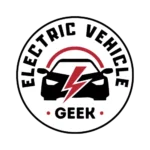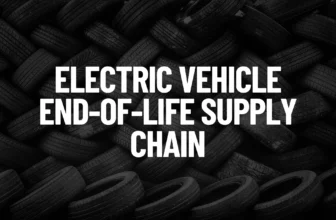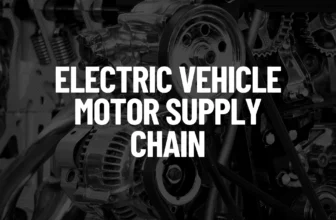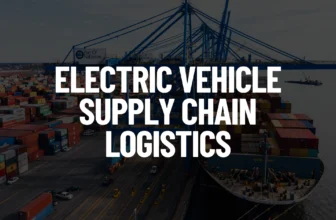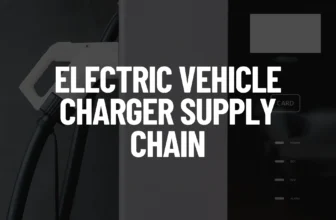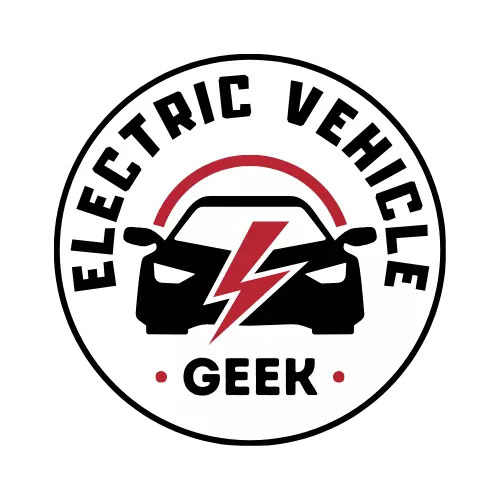The Electric Vehicle raw materials supply chain is a critical sub-component of the broader EV supply chain, focusing specifically on the sourcing, extraction, and initial processing of raw materials essential for EV battery production. The electric vehicle raw materials supply chain is the foundation of the entire EV supply chain ecosystem and is characterized by its complexity, global reach, and strategic importance in the production of electric vehicles.
Table of Contents
Key Aspects of the EV Raw Materials Supply Chain
Here’s a more detailed look at the key aspects of the EV raw materials supply chain:
Key Raw Materials
The main raw materials for EV batteries include lithium, cobalt, nickel, manganese, graphite, and copper depending on the electric vehicle battery chemistry, as well as rare earth elements for electric motors.
- Lithium: A key component in lithium-ion batteries, it is typically sourced from hard rock mines or salars.
- Cobalt: Another critical component of EV batteries, it is often mined in the Democratic Republic of Congo.
- Nickel: Used in the cathode of many EV batteries, it is mined in various countries including Australia, Canada, and Russia.
- Graphite: Used in the anode of lithium-ion batteries, it can be sourced from countries like China and Madagascar.
- Manganese: Also used in EV batteries, and while it is also needed for steel production, EVs require more than twice the amount of manganese compared to internal combustion engine vehicles.
- Copper: Electric vehicles (EVs) use significantly more copper than conventional vehicles due to their reliance on electrical systems. Copper is essential in EV batteries, electric motors, wiring (including EV charger installations), and power electronics.
- Rare earth elements (REE): These are used in the electric motors of EVs
Electric Vehicle Raw Materials Supply Chain Processes
The electric vehicle raw material supply chain process involves several key steps:
Sourcing and Extraction
This stage involves mining operations to extract raw materials from the earth. These materials are often sourced from various locations around the world, which can create geopolitical challenges. For example, lithium can be sourced from hard rock mines or salars, while cobalt is mined in countries such as the Democratic Republic of Congo.
Processing and Refining
Once extracted, these raw materials must undergo processing and refining to achieve the specific chemical composition required for battery production. Much of this refining process currently takes place in China.
Transportation
After processing, the materials are transported to battery manufacturers. The logistics of this transportation can be complex due to the nature of the materials which are often chemical compounds
Raw Materials and Supply Chain Challenges in EV Production
The availability and sourcing of raw materials are crucial to the production of electric vehicle (EV) batteries, and any disruptions in their supply chain can significantly impact EV manufacturing.
- Impact on EV Production: The availability of critical raw materials directly affects the production of EV batteries. Any supply chain constraints can lead to price increases and delays, thereby disrupting the overall production process.
- Geopolitical Risks: A significant portion of these raw materials is sourced from a limited number of countries, which exposes the EV industry to potential supply risks and geopolitical tensions.
- Environmental and Social Sustainability: The extraction processes of key raw materials raise serious environmental and social concerns. Monitoring the supply chain is vital to avoid adverse ecological impacts and ensure ethical sourcing.
- Dependency on Key Suppliers: A substantial reliance on specific countries, notably China, for the refining of these materials creates vulnerabilities. To mitigate risks, the diversification of supply sources is essential for long-term sustainability.
Emerging Trends in the Electric Vehicle Raw Materials Supply Chain
The EV raw materials supply chain is undergoing significant changes driven by market demand, technological innovations, and shifting geopolitical dynamics.
- Surge in Demand: As the electric vehicle market continues to expand, the demand for critical raw materials is projected to increase dramatically, with some forecasts predicting a 500% growth by 2040.
- Supply Chain Vulnerability: The supply chain for EV raw materials faces vulnerabilities, influenced by emerging technologies, relatively unestablished supply chains, and geopolitical challenges.
- Circular Economy Adoption: A growing focus on recycling and reusing battery materials is helping to reduce the need for newly mined resources, contributing to more sustainable practices within the industry.
- Transparency in Sourcing: There is a rising demand for greater transparency and ethical sourcing throughout the raw materials supply chain, pushing companies to address sustainability concerns.
- Advances in Technology: Innovations in battery chemistries and new technologies are expected to influence the demand for various raw materials, shaping the future of EV production.
- Regionalization of Supply Chains: Some nations are prioritizing the development of domestic extraction and processing capabilities to reduce reliance on foreign sources and bolster national supply security.
- Automaker Engagement: To ensure a steady supply of raw materials, automakers are increasingly partnering with mining companies and investing in the development of processing plants.
Conclusions
The EV raw materials supply chain is a complex and crucial aspect of the EV industry, involving multiple stages from extraction to processing and transportation, with a significant impact on cost, sustainability, and the geopolitical landscape.
As a professional in the electric vehicle (EV) supply chain, your expertise can greatly enhance the depth and quality of this blog post.
I invite you to collaborate and share your valuable insights. Together, we can explore the intricacies of the EV supply chain, providing the community with comprehensive, real-world case studies and practical advice that will elevate our collective understanding of the industry.
If you have found my content useful in your supply chain operations, I would deeply appreciate a letter of recommendation. Your support will not only motivate me but also help me contribute even more effectively to the growth of the EV sector.
Let’s work together to improve the knowledge and efficiency of the EV supply chain ecosystem.
Please reach out via email at [james@electricvehiclegeek.com].
Thank you for being an essential part of this journey!
